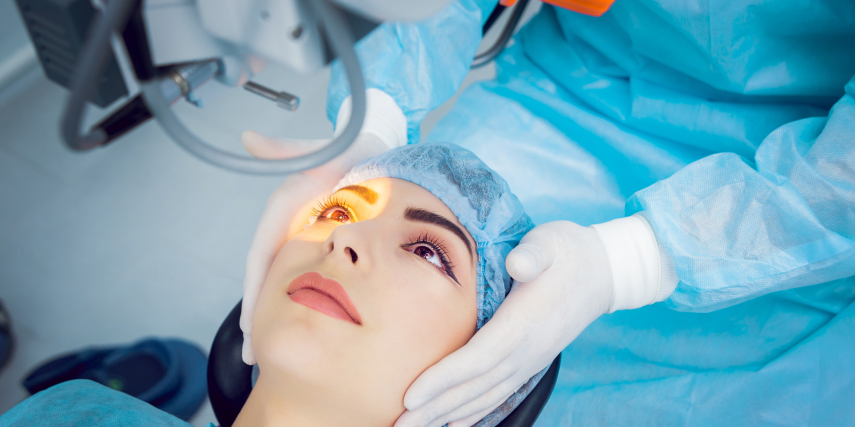Have you recently undergone cataract surgery? Do you have questions about what to expect during your recovery period? You’re not alone! Many patients experience a range of emotions after their cataract surgery, from relief to fear and anxiety.
Fortunately, the vast majority of cataract surgeries are successful and lead to improved vision. It is important, however, that you understand what to expect during your recovery.
In this article, we’ll discuss what you can expect after your cataract surgery, from the immediate recovery period to long-term vision.
Understanding Cataract Surgery
Before we dive into the details of life after cataract surgery, it is important to first understand what cataract surgery entails. This will help you better prepare for the recovery period and ensure that your vision is restored quickly and effectively.
Cataract surgery is a highly common procedure used to improve vision in patients with cloudy or blurred eyesight caused by a clouding of the lens. During cataract surgery, an ophthalmologist will remove the cloudy lens and replace it with an artificial one. The procedure is typically done on an outpatient basis and takes less than 30 minutes to complete.
What to Expect After Cataract Surgery
The recovery process for cataract surgery can vary based on a few different factors, including the type of surgery that was done and the patient’s overall health. Generally speaking, however, most patients can expect to experience some pain or discomfort for the first few days after their surgery.
It is important to follow all of your ophthalmologist’s post-surgery instructions. This may include using eye drops, avoiding strenuous activities, and wearing protective sunglasses for several weeks.
If you’ve recently undergone cataract surgery in St. Augustine, FL, you’ll want to take extra care when outside in the sun. The UV rays of Florida can be especially harsh on post-surgery eyes, so make sure you have your sunglasses handy!
In addition to physical discomfort, many patients also experience emotional changes after cataract surgery as well. This is perfectly normal and may include feelings of fear or anxiety. It is important to take care of yourself emotionally as well as physically during the recovery process.
Long-Term Vision After Cataract Surgery
After your cataract surgery is complete, you can expect your vision to improve significantly over time. However, it is important to note that some patients may need additional corrective lenses for a few months after their surgery before their vision is restored completely.
It is also important to note that some vision issues, such as astigmatism, may not be corrected with cataract surgery alone. In these cases, you may need additional corrective lenses or procedures to achieve optimal vision.
Overall, however, the vast majority of cataract patients experience a significant improvement in their vision after surgery. This allows them to enjoy activities that may have been difficult with cloudy vision, such as reading or driving.
The Importance of Regular Eye Exams
It is important for all patients, whether they have undergone cataract surgery or not, to get regular eye exams. Routine eye exams allow ophthalmologists to detect any potential issues with your vision early on and recommend the appropriate treatment plan.
Regular eye exams are especially important for those who have had cataract surgery, as they can help detect any potential complications or risks before they become serious issues.
By scheduling regular eye exams with a qualified ophthalmologist in St. Augustine, FL, you can ensure that your vision is restored quickly and correctly following cataract surgery.
Overall, life after cataract surgery can be a positive experience with the right care and follow-up. By understanding what to expect during your recovery period, you can ensure that your vision is restored quickly and safely! With proper care, you can look forward to many years of improved vision after cataract surgery.

